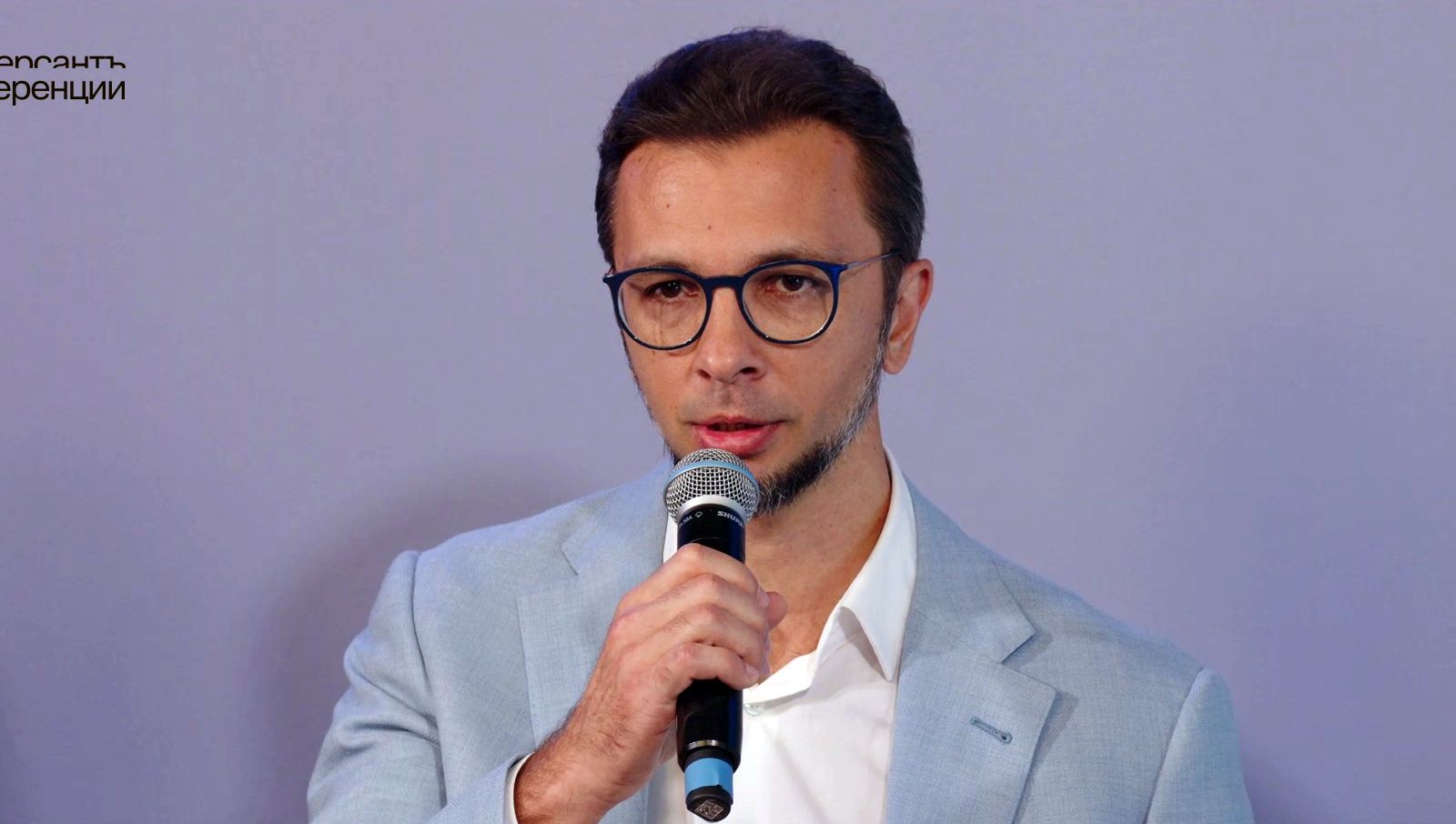Yelena Voronina: "Providers working in their niche can always find areas for mutually beneficial cooperation"
The roundtable participants shared their views on traffic exchange market development prospects and discussed the challenges faced by industry players. A key focus was the quality criteria of working with the regional IX.
According to Alexei Rogdeyev of Rostelecom, one of the most important issues is traffic localization in the regions. "I believe that all Russian regions should have traffic exchange points. This can help improve the service for end users and contribute to broadband access development," Mr. Rogdeyev said. He added that he did not expect any competition between traffic exchange points and broadband operators.
Ms. Voronina concurred: "I believe that if regional operators work in their own niche, they will always find areas for collaboration and cooperation."
She also called on participants to think about in which direction they should develop their business.
According to Vitaly Sheshin of RED-IX, the primary problem is that the number of peering interaction participants is decreasing, and if operator consolidation continues, the IXP business model will need to be completely changed. Revenue growth is only possible if the regions actively promote the development of content providers and online services.
Much attention was also paid to discussing modern technical solutions in peering. Alexander Ilyin, MSK-IX technical director, delivered the report, "Advances in Peering Technology," describing the use of modern technology to develop the company's new technology platform, which MSK-IX plans to switch to in the near future.
According to Mr. Ilyin, the new system will work based on a "dual core" topology. This will help improve the system's reliability, reduce the response time, and gain operational advantages. He also spoke about changing access speeds and prospective protocols, based upon which modern communication networks are constructed.
On the second day of the conference, ISOC representatives spoke about technical standards and RIPE NCC presented a report on the modern principles of internet governance.
The event was attended by over 200 participants from Russia, the CIS, Europe and the United States.


